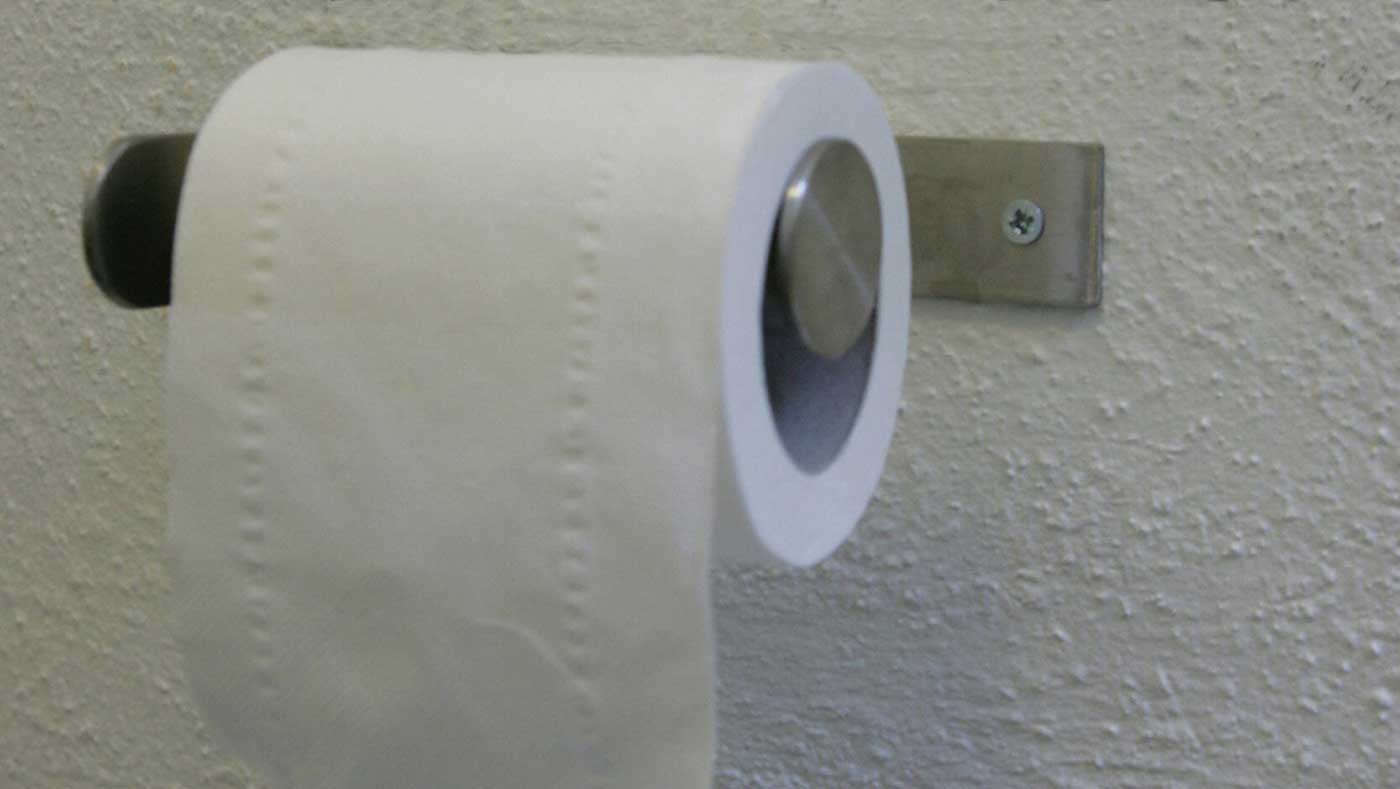Are you pooing wrong?
Why more and more Westerners are revising their toileting techniques

A free daily email with the biggest news stories of the day – and the best features from TheWeek.com
You are now subscribed
Your newsletter sign-up was successful
If you’ve stumbled upon a toilet equipped with a step stool lately, don’t be alarmed. The bathroom gadget is the latest development in a worldwide debate about the right way to poo.
Seated toilets first became commonplace in the 19th century, and “most of the Western world still sits to defecate, while squatting is favoured in the developing world”, says gastroenterologist Vincent Ho, of Western Sydney University, in an article on The Conversation.
Adocates insist that squatting is the most natural stance for bowel movements, because the position creates a clear and straight passage for stools to pass through the anal canal.
The Week
Escape your echo chamber. Get the facts behind the news, plus analysis from multiple perspectives.

Sign up for The Week's Free Newsletters
From our morning news briefing to a weekly Good News Newsletter, get the best of The Week delivered directly to your inbox.
From our morning news briefing to a weekly Good News Newsletter, get the best of The Week delivered directly to your inbox.
Conversely, sitting on a Western-style toilet forces faeces to pass through a bend in the rectum caused by the puborectalis muscle, leading to increased strain, and higher rates of conditions such as bloating, constipation and haemorrhoids.
Enter the Squatty Potty, a transportable plastic step that sits at the base of the toilet, elevating the user’s legs into a more squat-like position, to provide “the best poop of your life, guaranteed”, according to its US-based makers.
More than five million Squatty Potties have been sold since they hit the market in 2011, with celebrity converts said to include talk-show host Jimmy Kimmel and NBA star Stephen Curry.
But what does the science say?
A free daily email with the biggest news stories of the day – and the best features from TheWeek.com
Israeli researcher Dov Sikirov conducted a study in which 28 healthy subjects defecated in three alternative positions: sitting on a standard-sized toilet seat (about 42cm high), sitting on a lower toilet seat (32cm), and squatting. Six consecutive bowel movements were completed in each position, with the subjects recording how long it took and how it felt.
“The time needed for sensation of satisfactory bowel emptying and degree of straining in a squatting position were reduced sharply in all volunteers,” Sikirov concludes.
Another study, carried out in Pakistan, found that people who suffered chronic anal fissures reported significantly reduced symptoms when using a squat toilet.
However, some commentators have cautioned that the surge of excitement around squatting may be a bit overstated.
A reporter for the US edition of Women’s Health who used the Squatty Potty every day for a week concluded that for people without existing problems, the benefits of switching are minimal.
“Did I have the promised best poops of my life? No,” she said. “Did I feel emptier? Eh, not really. But... if I ever get a bad case of constipation or haemorrhoids, I’ll definitely pull that baby out again.”
Even with many experts in favour of squatting, after hundreds of years of sitting on loos, Westerners’ bodies have become unaccustomed to a crouching toilet technique - to say nothing of the obstacle of dismantling 200 years of bathroom infrastructure.
“We are locked into these systems and patterns of use,” Barbara Penner, a professor of architectural humanities at University College London, told The Guardian. “The Squatty Potty intervenes into that system and modifies it without actually requiring a massive retrofitting of the system.”
-
 The ‘ravenous’ demand for Cornish minerals
The ‘ravenous’ demand for Cornish mineralsUnder the Radar Growing need for critical minerals to power tech has intensified ‘appetite’ for lithium, which could be a ‘huge boon’ for local economy
-
 Why are election experts taking Trump’s midterm threats seriously?
Why are election experts taking Trump’s midterm threats seriously?IN THE SPOTLIGHT As the president muses about polling place deployments and a centralized electoral system aimed at one-party control, lawmakers are taking this administration at its word
-
 ‘Restaurateurs have become millionaires’
‘Restaurateurs have become millionaires’Instant Opinion Opinion, comment and editorials of the day
-
 Epstein files topple law CEO, roil UK government
Epstein files topple law CEO, roil UK governmentSpeed Read Peter Mandelson, Britain’s former ambassador to the US, is caught up in the scandal
-
 Iran and US prepare to meet after skirmishes
Iran and US prepare to meet after skirmishesSpeed Read The incident comes amid heightened tensions in the Middle East
-
 Israel retrieves final hostage’s body from Gaza
Israel retrieves final hostage’s body from GazaSpeed Read The 24-year-old police officer was killed during the initial Hamas attack
-
 China’s Xi targets top general in growing purge
China’s Xi targets top general in growing purgeSpeed Read Zhang Youxia is being investigated over ‘grave violations’ of the law
-
 Panama and Canada are negotiating over a crucial copper mine
Panama and Canada are negotiating over a crucial copper mineIn the Spotlight Panama is set to make a final decision on the mine this summer
-
 Why Greenland’s natural resources are nearly impossible to mine
Why Greenland’s natural resources are nearly impossible to mineThe Explainer The country’s natural landscape makes the task extremely difficult
-
 Iran cuts internet as protests escalate
Iran cuts internet as protests escalateSpeed Reada Government buildings across the country have been set on fire
-
 US nabs ‘shadow’ tanker claimed by Russia
US nabs ‘shadow’ tanker claimed by RussiaSpeed Read The ship was one of two vessels seized by the US military